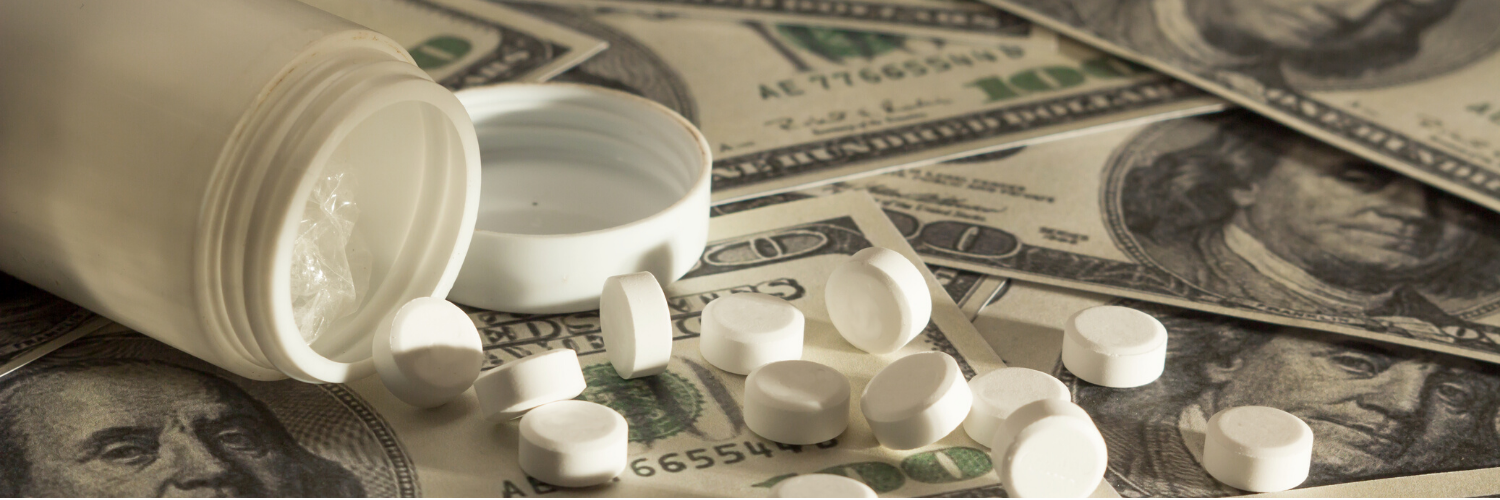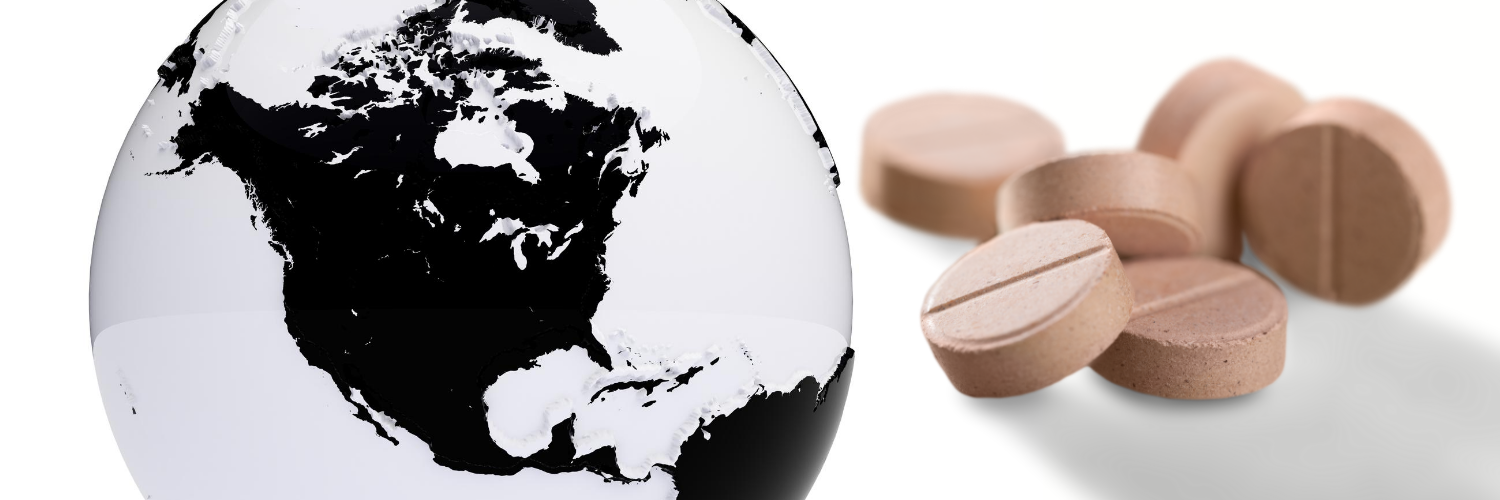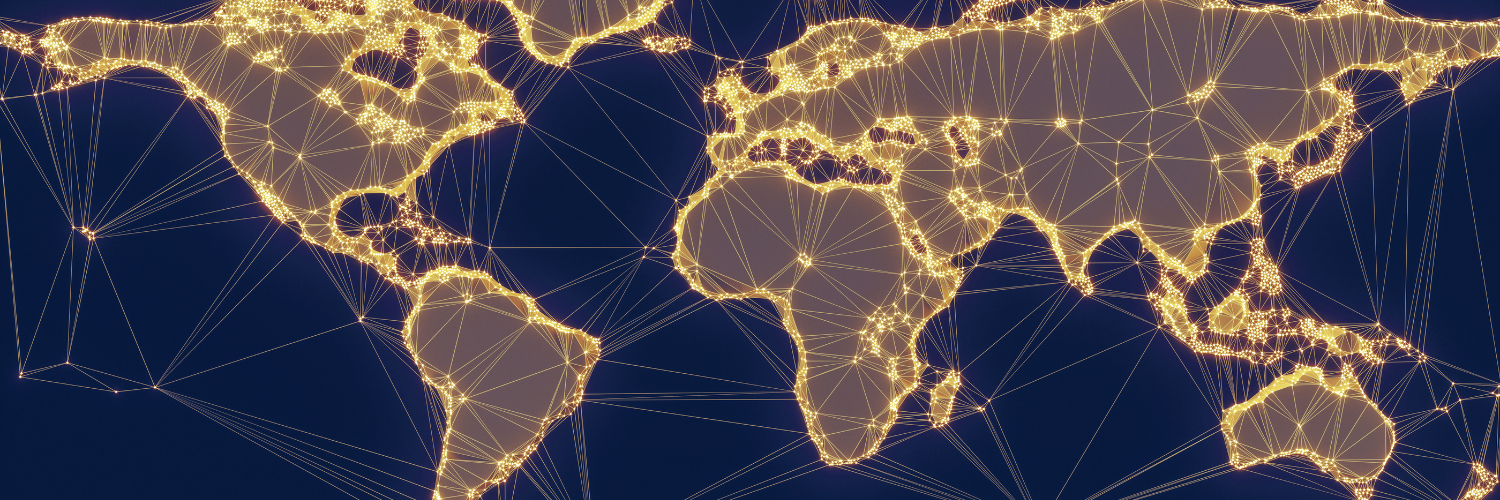How do pharmaceutical companies price drugs?

Pharmaceutical companies price drugs to maximize profits. Considering the fact that they are for-profit, publicly-traded companies, operating in a free-market economy, should this surprise us? After all, most companies, whether they make smartphones, sun glasses, or cars, set prices to make the most money possible.
The elephant in the room here is that many people need certain drugs in order to stay alive, but can usually do without a pair of sunglasses or an expensive cell phone. If Apple priced its newest iPhone at $5,000, it wouldn’t get (as) many takers. If a drug company priced its new cancer medication at $5,000 and it was a person’s only option to live, then many would (and do) end up paying the price. As it happens, most new cancer drugs are priced over $100,000.
How exactly do pharmaceutical companies do this? The answer is with monopoly drug pricing. Competition in a marketplace is what normally brings down prices, but drug companies selling a patented drug do not face competition for several years of a drug’s life on the market. With just one version of a medication being sold, consumers have no choice but to submit to the high prices set by the drug companies.
Because medications are often necessary to live, even when there is competition among patented brand name drugs, the market fails consumers in America. For example, three brand name insulin product prices -- Humalog, Lantus, and Levemir -- all increased by similar amounts during the same period, leading to antitrust investigations of the drug manufacturers Eli LIlly, Sanofi and Novo Nordisk.
Insulin is not a pair of sunglasses: without it, people with diabetes die. Many will pay whatever the cost because they will die if they do not. And if you’re wondering if that’s an exaggerated statement, sadly it is not: Many have died from rationing or skipping their insulin because they could not afford it. I’m talking about right here in the United States, and the reason is tied directly to lack of competition and regulation in the pharmaceutical and healthcare industry.
What is pharmaceutical price gouging?
Price gouging is, simply put, the practice of charging consumers too much money. In some cases, drug price gouging is considered illegal. In the U.S., many states have created laws preventing price gouging, mostly related to declared emergencies.
When it comes to drug pricing, even the price at which a drug is first set is often viewed as “unfair.” But accusations of “gouging” usually pop up when the price shoots up out of nowhere.
For example, in 2015, hedge fund manager turned Pharma CEO Martin Shkreli of Turing Pharmaceuticals jacked the price of Daraprim, an off-patent drug that treats toxoplasmosis from $13.50 to $750 -- 5000% -- a pill overnight. As outrageous, not to mention “unfair” as that sounds, it was entirely legal.
These insane increases are often referred to as drug price spikes. While patented brand drugs are known to be set at very high prices, generic drugs, usually affordable, are the ones known to be particularly volatile. Take the example of doxycycline hyclate, an antibiotic, which went from $20 in 2013 to $1,849 in 2014. A 16,667% increase in one year. Perfectly legal.
Notwithstanding the fact that the law allows this, how is it that drug companies get away with it? Only the really rich have that kind of money, right? The drug companies count on the fact that most people have health insurance and the cost burden will fall to the insurer with the consumer making a small co-payment. People like Martin Shkreli, really most drug company CEOs, depend on that fact to charge the prices they do. But you know those health insurance premiums that keep going up? You’re paying for high drug prices in those increases. Also, when your pharmacy benefit manager doesn’t end up covering the drug that you need, you feel the force of the world’s highest drug prices.
Why are drug prices so much lower in Canada and abroad?
The heart of the matter is because those countries don’t let drug companies charge whatever price they want. Many countries negotiate prices and have other regulations to keep drug prices affordable for governments and patients. That doesn’t mean Big Pharma doesn’t earn great profits in those countries; it means they cannot blackmail people with obscene drug prices.
Compare International Drug Prices
Why can’t Medicare negotiate drug prices?
The U.S. does employ price setting tools in Medicaid and the Veterans Health Administration, which keep prices in those programs at least closer to those in other high-income countries, such as Canada or Germany (countries in which there are regulations to keep prices low.) But in Medicare, the world’s largest payer for prescription drugs, federal law actually bans the government from negotiating prices.
In the private insurance market, pharmacy benefit managers do negotiate for members but not with the bargaining power necessary to keep prices affordable. Also, PBMs share some of the blame for high drug prices, because, while they are supposed to be negotiating prices down, they sometimes ensure their own high profits at your expense by not passing on the discounts they have secured with drug companies.
As it happens, about 90% of Americans believe Medicare should be allowed to negotiate drug prices. Hopefully that comes to pass sooner rather than later.




